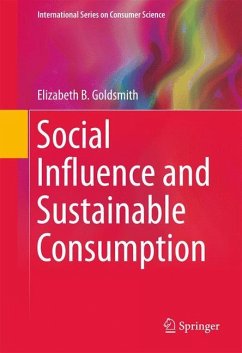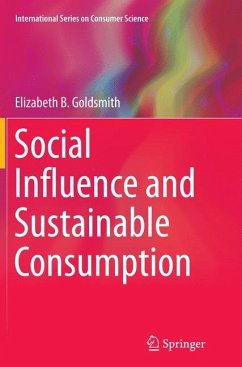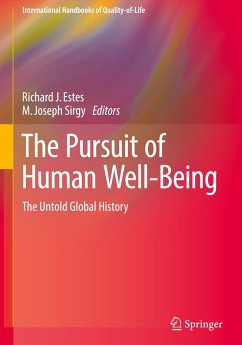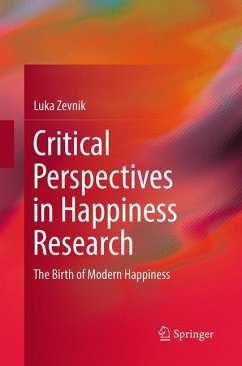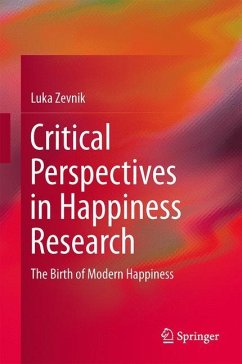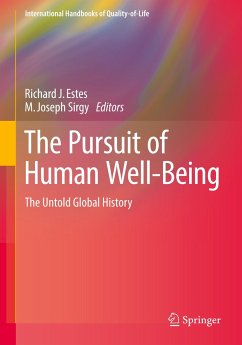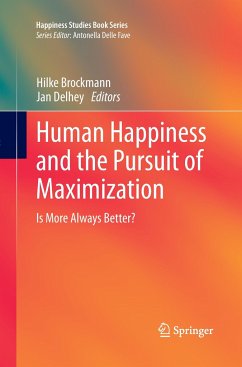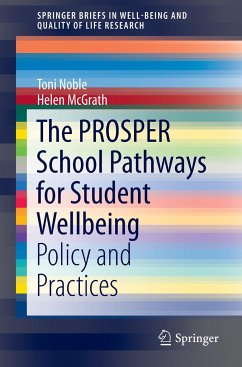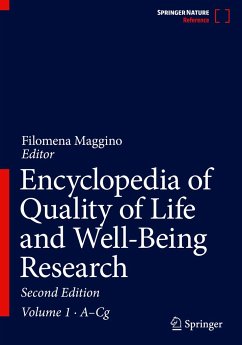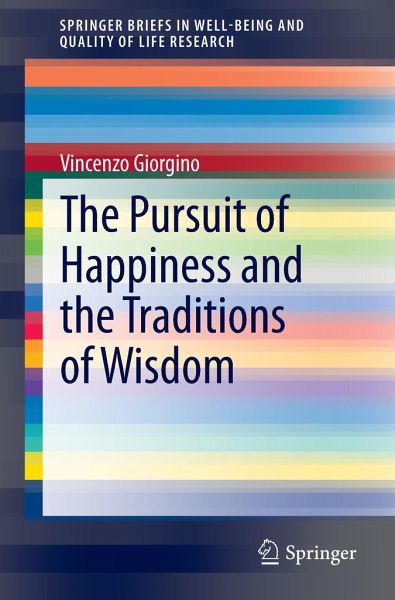
The Pursuit of Happiness and the Traditions of Wisdom

PAYBACK Punkte
19 °P sammeln!
This book presents a discussion of happiness that takes the shape of a dialogue between contemplative knowledge and practice or the wisdom traditions and the social sciences. It examines the different definitions of happiness in relation to wisdom traditions and the impact of these traditions on current research. It explores topics such as the pursuit of a good life, the pursuit of eudaimonia and the meaning of economic and social suffering from the perspective of the social sciences. It further discusses how the social sciences can meet people's aspirations towards a world of higher well-bein...
This book presents a discussion of happiness that takes the shape of a dialogue between contemplative knowledge and practice or the wisdom traditions and the social sciences. It examines the different definitions of happiness in relation to wisdom traditions and the impact of these traditions on current research. It explores topics such as the pursuit of a good life, the pursuit of eudaimonia and the meaning of economic and social suffering from the perspective of the social sciences. It further discusses how the social sciences can meet people's aspirations towards a world of higher well-being in our time, and what the future challenges are. The book includes both theoretical and empirical contributions on the matter and opens up a new line of transdisciplinary research. Overcoming barriers between disciplines and fields of knowledge, the book presents a beneficial cross-fertilization to achieve a wiser model of man.





